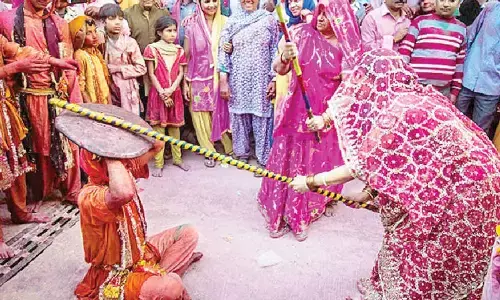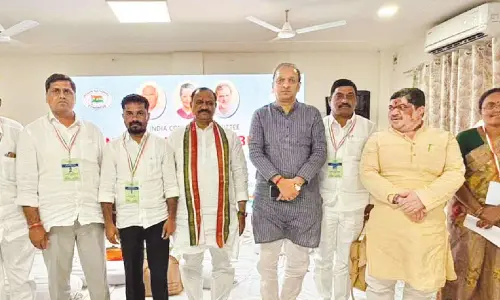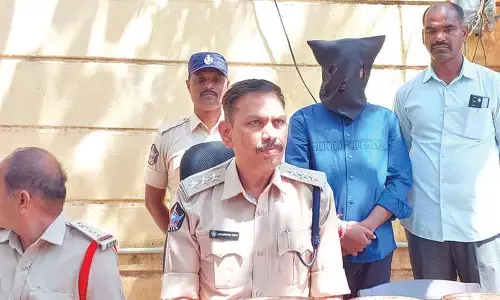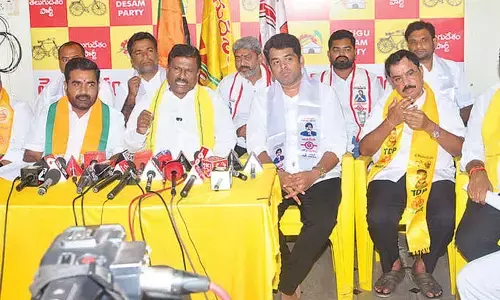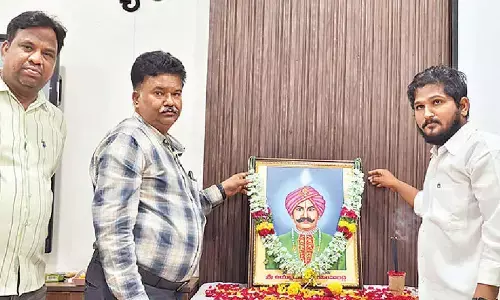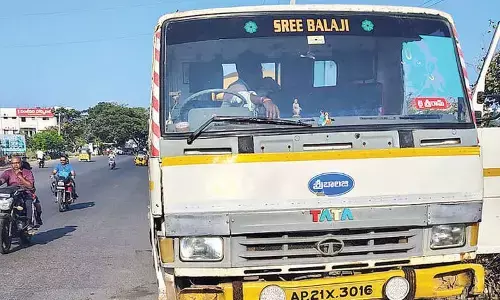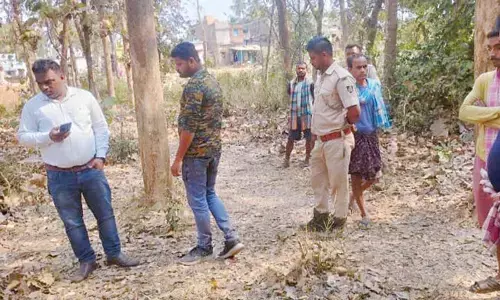Helping women, students focus on financial literacy

Helping women, students focus on financial literacy
One can find several books, podcasts and articles that speak about money management where topics such as how to make money online, how to earn one lakh per month and so on are discussed.
Bengaluru: One can find several books, podcasts and articles that speak about money management where topics such as how to make money online, how to earn one lakh per month and so on are discussed. Yet, the financial literacy is extremely low among Indians. According to a 2019 report by SEBI (Securities and Exchange Board of India), the financial literacy rate of young Indian adults is only 27% and a study by the NCFE (Nation Centre for Financial Education) shows that just 24% of the rural population who participated in the Financial Literacy and Inclusion survey 2019 were financially literate and the rate is even low among the females as it is only 21%.
The founder and CEO of Indian Money and, FFreedom (Financial Freedom) app, C. S Sudheer says that financial literacy is something that help us in leading successful life. "This is one subject that is neither taught in schools, nor are families often open about discussing finances with young kids as they grow up. As a result, young adults, as they start completing their education and starting work, are often confused about money. And often that leads to hasty and even wrong decisions about money. We believe that this needs to be prioritized and that there is no age to start learning about this," he says.
"We are trying to provide the best-in-class livelihood skills along with financial literacy skills to millions of people across India through the FFreedom app. People can choose their language as it has six languages, namely English, Hindi, Kannada, Telugu, Tamil, Malayalam. Their area of skill and interest (goals) can also be chosen where they get a variety of introductory, intermediate and advanced courses to learn from. Teaching these courses are expert mentors who have built successful farming and business stories along with our in-house anchors who can bring out just the right nuggets of practical knowledge to help our learners. We have 3 categories of courses across a) Personal Finance, b) Small Business, c) Farming and have further streamlined it by levels and goals." he adds.
Financial literacy at a young age will help many investors understand the risks and financial management is probably a skill that every child must be taught from the beginning so that it will be helpful for them in future. "We believe that a combination of financial planning skills along with livelihood skills in different areas of business and farming can help millions of Indians to first choose a livelihood in which they can develop their expertise and earn their money and then to keep growing in it and managing their short-term and long-term financial needs. We also keep decoding different aspects of savings and investment options through both our personal finance courses as well as providing a regular understanding of new topics and news in Finance such as understanding of a new IPO (Initial Public Offer) or implications of an increase in repo rate, through our multiple YouTube channels." he explains.
According to the survey, women have the lowest levels of financial literacy. "It's unfortunate but true. The reasons could be many from low participation of women in the workforce to a lack of inclusion of women in early financial decisions in families. We believe that women will play a key role in both adding to a more skilled Bharat but also a more empowered Bharat," he expresses.
Women who are financially aware can take charge of their household finances, first and foremost. "As the success of the microfinance industry has shown, women make sound decisions regarding money, keeping the household requirements in mind, with a healthy balance of risk and return. Once they are empowered to take the financial decisions, entire livelihoods can benefit and prosper. There can also be a cascading community level effect where these practices are then incorporated by other women and which together, help us build a stronger Bharat. Given the uncertainty we are emerging from after the last two years of COVID-19 and the increasing dynamic shift in the nature of formal jobs, the early understanding of financial management can help women to plan for such known and unknown exigencies," he adds.
We strongly believe that this change starts with each individual, with each family. We have one of the largest young populations in the world today. While that is touted as a demographic dividend, the only way to bring out the power of the young is to help them with skills and knowledge to lead successful and independent lives. Over the last few years, we have seen the celebration of India as one of the leading startup nations in the world and we are today home to over 100 Unicorns. Even as we celebrate the innovation, we need to bring equal if not more attention to people who are building their farms and their small businesses across small villages and towns of India. For us, they are ushering in a new era in our country, where more people can become job-creators instead of job-seekers," he concludes.


